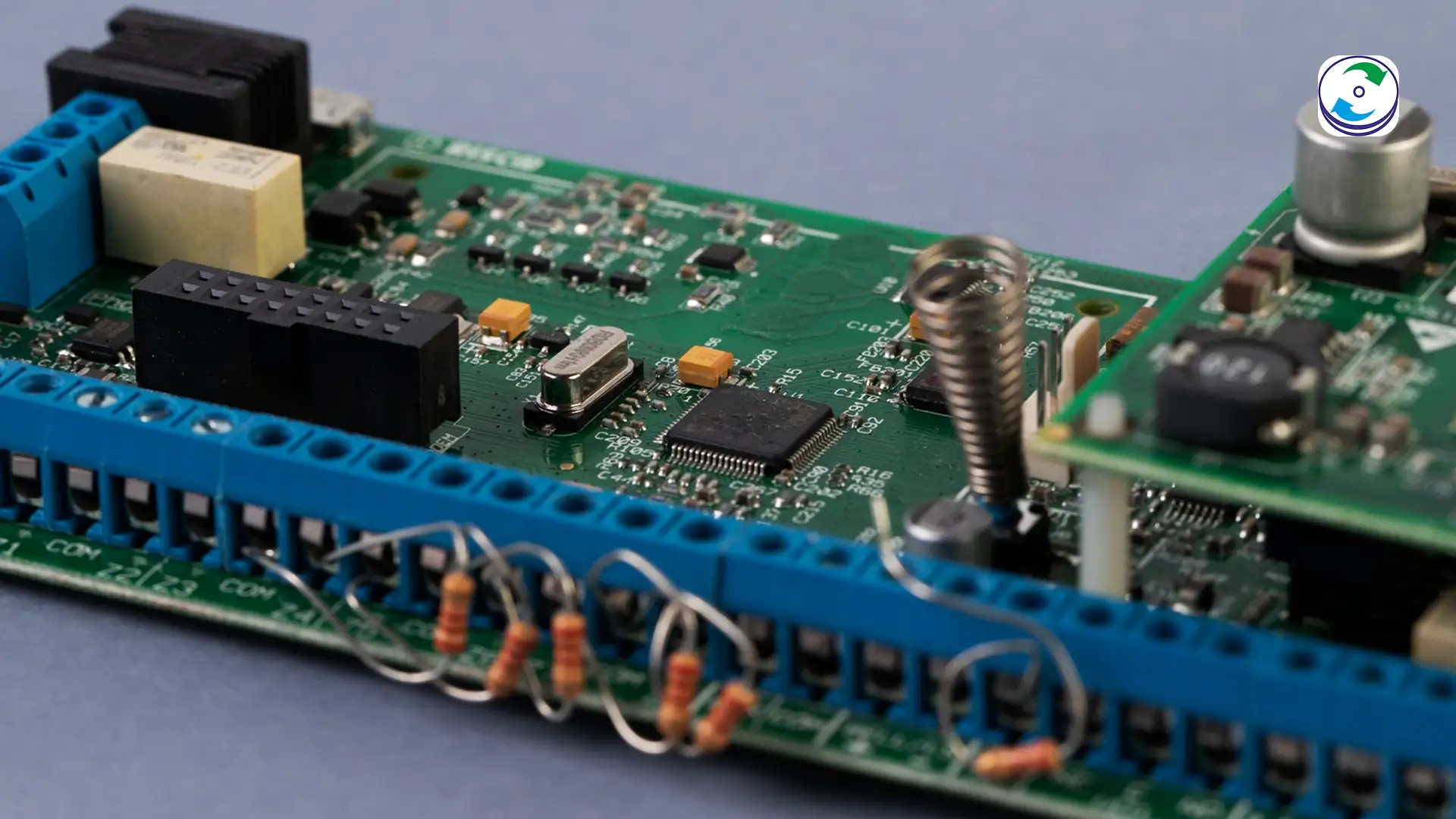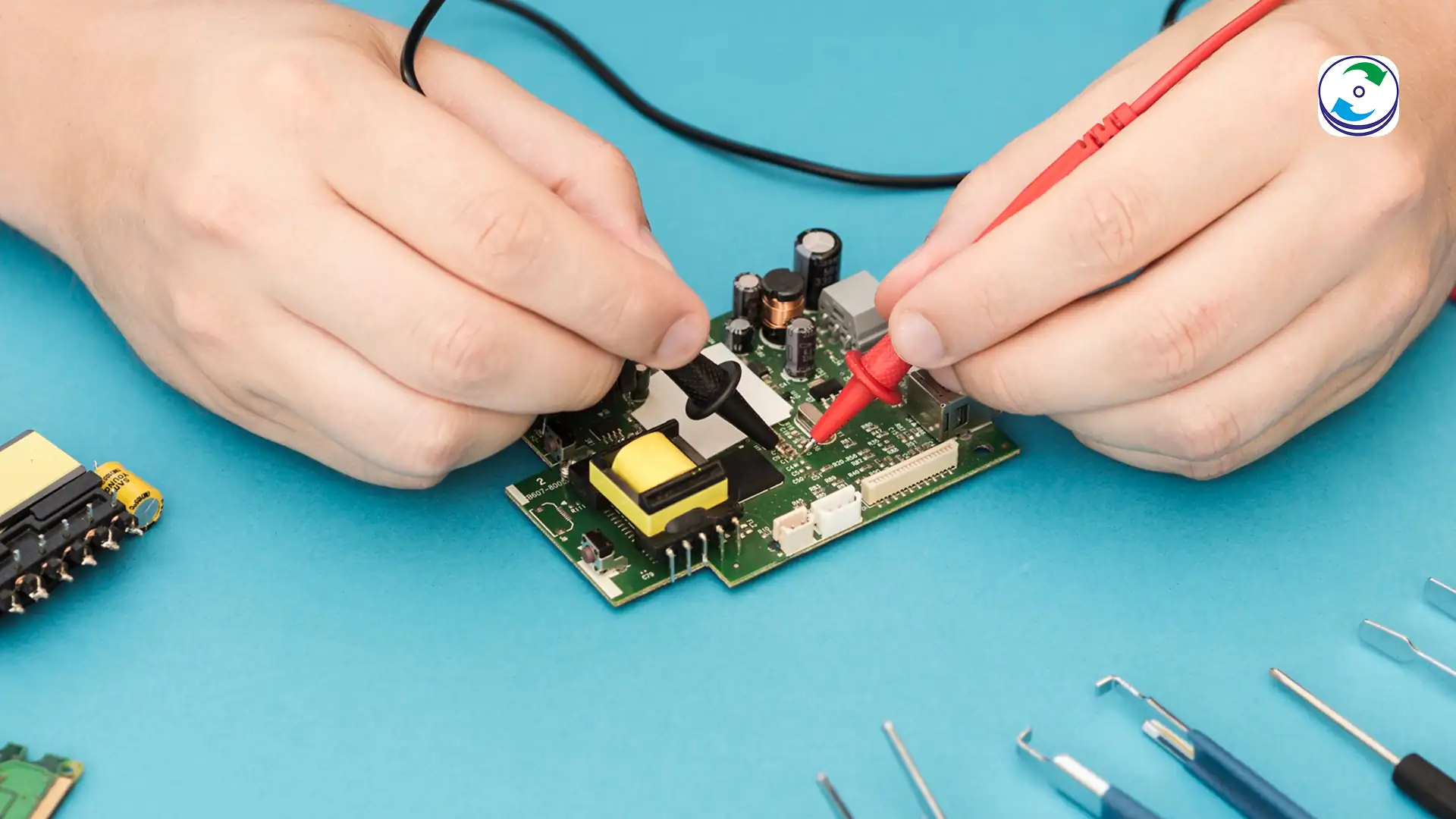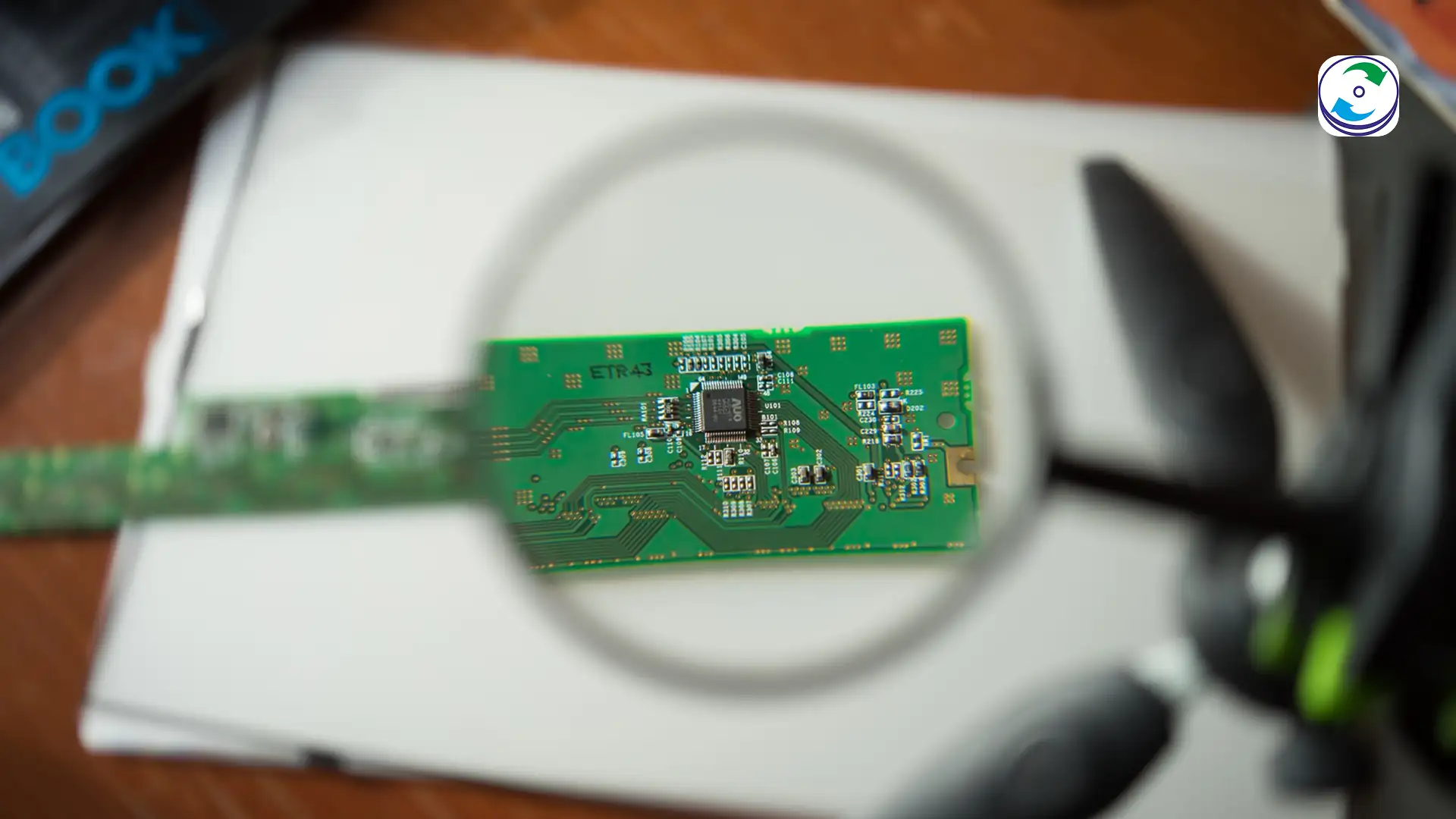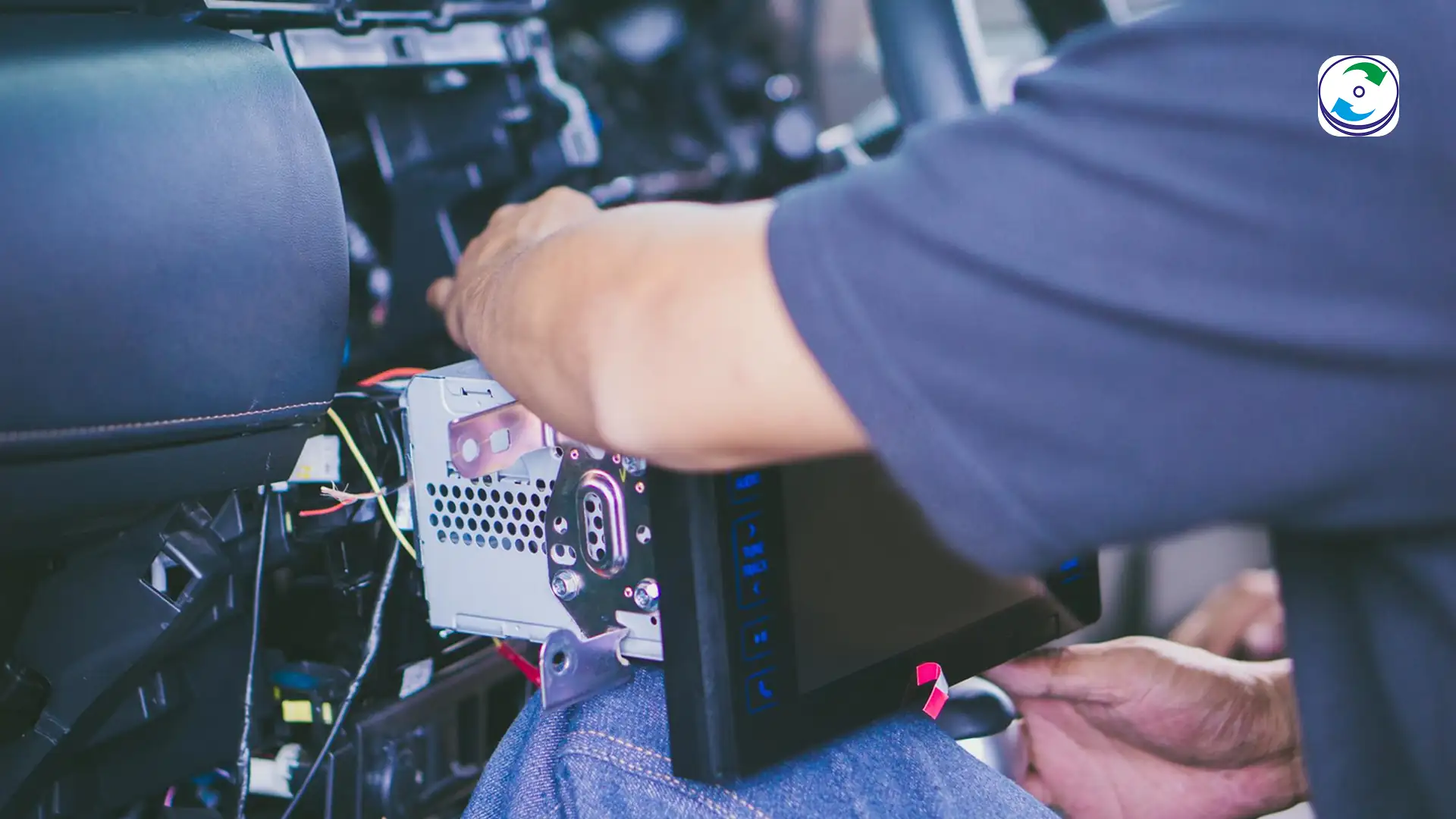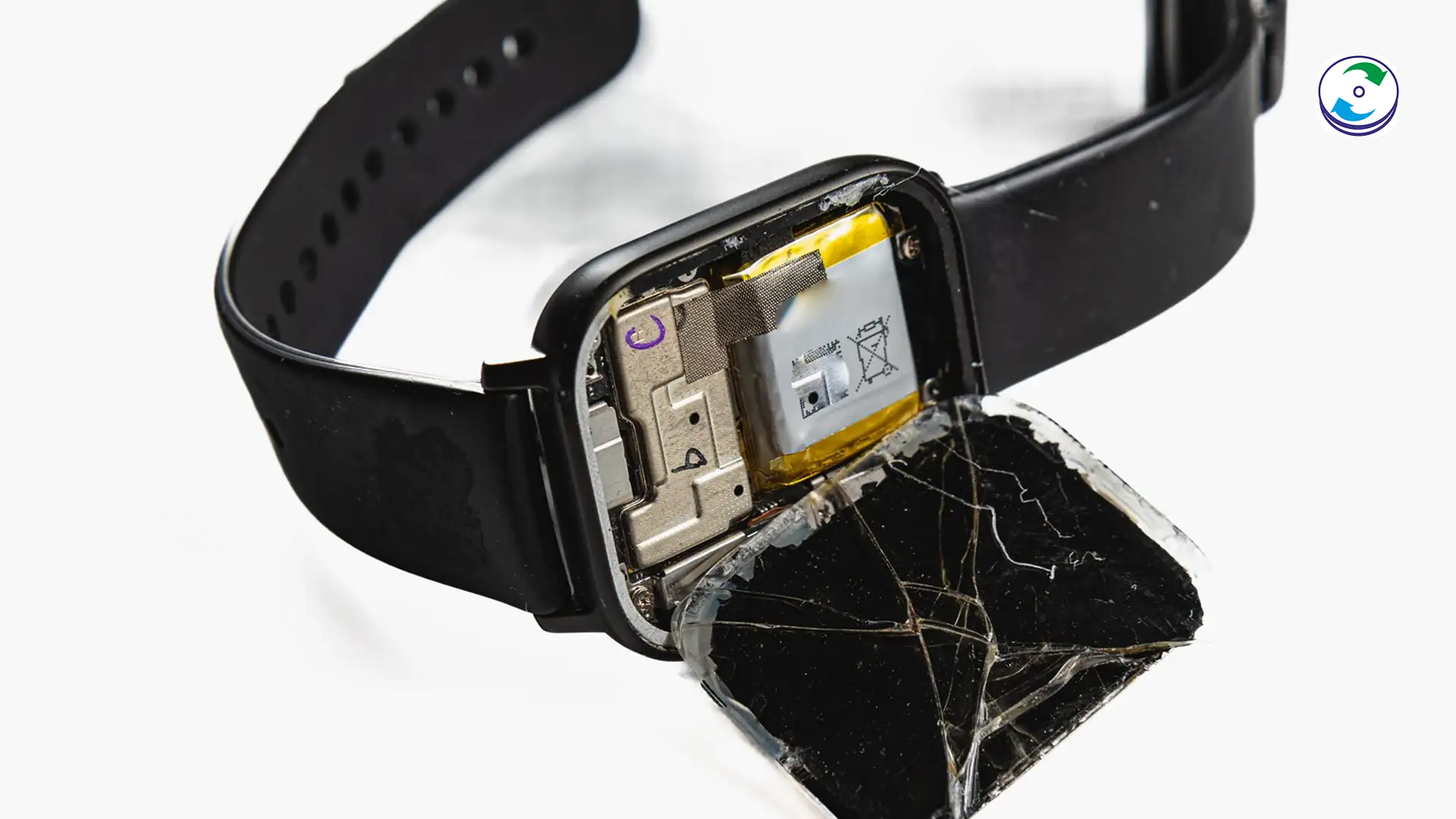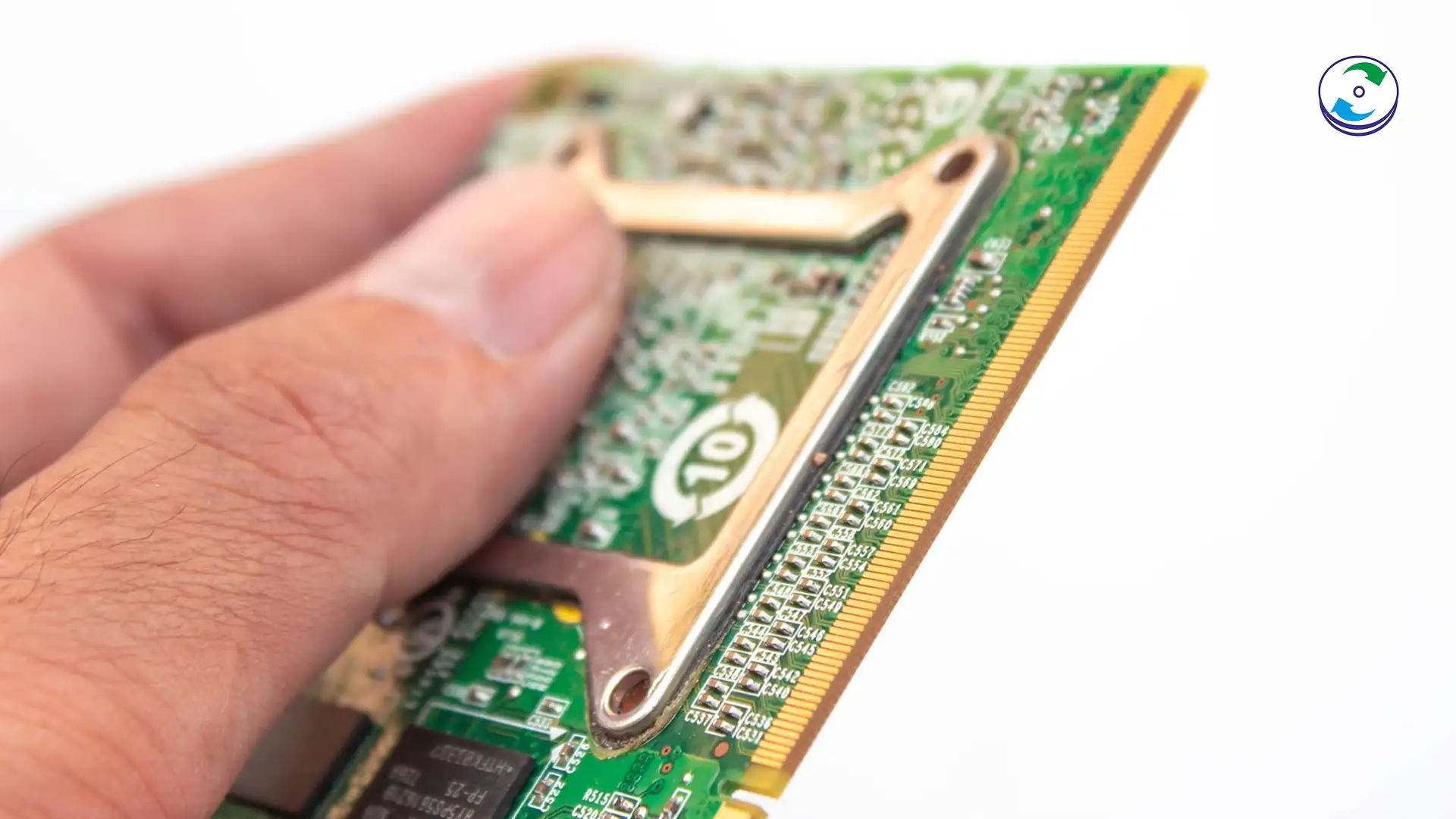The Cryptocurrency Wallet Disaster: Recovering Lost Keys and Corrupted Blockchain Data

Introduction
Cryptocurrency has created immense digital wealth, but with that wealth comes an immutable truth: you are your own bank. There is no “Forgot Password” button, and no central authority to call if you lose access to your funds. A corrupted wallet file, a forgotten password, or a misplaced seed phrase (recovery phrase) can instantly turn a six-figure investment into inaccessible data.
This is the ultimate high-stakes data loss scenario. Recovering lost cryptocurrency is not a job for standard IT support; it is a specialized, forensic challenge that requires deep knowledge of cryptography, blockchain data structures, and proprietary wallet software. The fate of your digital assets depends on finding the “ghost” of your private keys.
The Core Challenge: The Cryptographic Barrier
Cryptocurrency wallets (both hardware and software) do not actually store your coins; they store your private keys. These keys are massive, complex numbers that prove ownership of your funds on the blockchain.
The challenge in recovery lies in the multiple layers of security designed to prevent theft:
-
Seed Phrase (Mnemonic): A 12-to-24-word list used to generate your private keys (via a process called Key Derivation). If this is lost or incorrect, the recovery stops immediately.
-
Wallet File Corruption: Software wallets store encrypted keys in a file (e.g.,
wallet.dat). If this file is corrupted due to disk failure, bad sectors, or a virus, the cryptographic structure is broken. -
Password Encryption: The wallet file is typically encrypted with a passphrase. If the file is intact but the password is forgotten or misremembered, forensic methods are required to test variations.
The simplest mistake—a single typo in the seed phrase or a corruption of the wallet file header—renders the entire fund inaccessible.
Forensic Techniques for Digital Currency Recovery
Recovering cryptocurrency requires moving beyond physical data recovery and into the realm of digital forensics and cryptanalysis.
1. Recovering Corrupted Wallet Files (wallet.dat)
For corrupted software wallets (like Bitcoin Core’s wallet.dat or other proprietary files), standard data recovery first ensures a perfect clone of the drive. The next step involves:
-
Logical Reconstruction: Manually examining the damaged file using hexadecimal editors to identify and repair critical file headers, database pointers, and encryption segments.
-
Bad Sector Bypass: If the file corruption is due to bad sectors on the drive, specialists must reconstruct the file from the raw, fragmented data, ensuring the segments containing the encrypted keys are retrieved intact.
2. The Seed Phrase Scramble (Mnemonic Analysis)
If a user wrote down their seed phrase but lost or forgot one or two words, the problem becomes a massive puzzle. There are 2048 words in the standard BIP39 word list. Guessing one missing word would require 2,048 attempts; guessing two would require over four million attempts.
Forensic analysis uses:
-
Typographical Analysis: Building custom dictionaries based on the user’s handwriting, regional spellings, or common phonetic errors to minimize the brute-force search space.
-
Checksum Verification: The BIP39 standard includes a checksum; the forensic tool can quickly eliminate incorrect word combinations, allowing the process to focus only on viable phrases.
3. Brute-Force Password Testing (Ethical Limits)
When a wallet file is intact but the password is forgotten, specialized high-performance computing (HPC) is used for ethical password cracking. This is highly resource-intensive and relies on the user providing a list of likely passwords or variations (a dictionary attack) to reduce the search time from centuries to a manageable period.
Why Professional Forensic Help is Essential
Attempting DIY recovery with basic file recovery software or generalized password tools is fraught with risk:
-
Irreversible Overwrite: Running standard recovery software can accidentally overwrite the exact file fragments or memory structures containing the key data, leading to permanent loss.
-
Security Risk: Attempting online recovery services exposes your highly valuable file to unknown third parties, risking outright theft.
-
Computational Requirement: Effective seed phrase or password analysis requires specialized hardware and custom software that is unavailable to the public.
Conclusion: Don’t Let Your Keys Stay Lost
Losing access to a crypto wallet is a chilling reminder of the fragility of digital security. When physical failure meets a cryptographic barrier, only forensic expertise can bridge the gap.
DataCare Labs offers a secure, confidential, and technically advanced pathway to recovering lost crypto assets. We handle the physical media failure, the logical file corruption, and the cryptographic analysis required to retrieve your keys. Do not tamper with your corrupted drives or wallet files. Contact us immediately to establish a secure Chain of Custody and begin the forensic process of retrieving your digital wealth.


